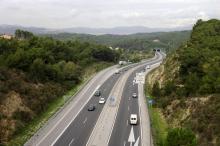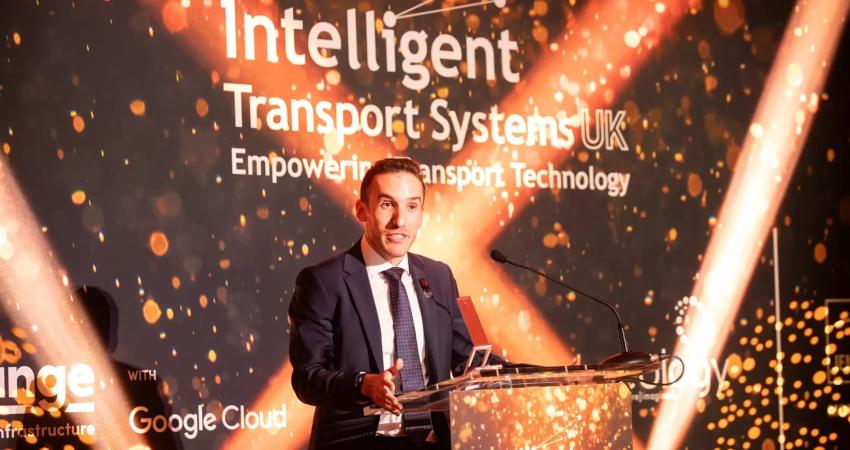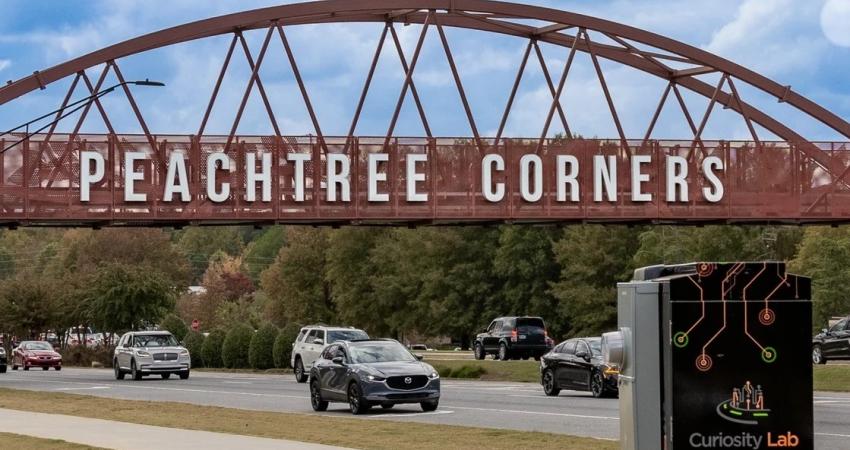A new white paper issued this week by Atkins says there is an urgent need to understand the full impact of connected and autonomous vehicles (CAVs) on cities around the world and to invest in adapted infrastructure now.
Members of the Atkins Fellowship from across the world are meeting this week with clients and government in a technical conference to discuss the future of our cities and how they will be impacted by the advent of CAVs. The event, part of a broader Intelligent Mobility week, will analyse
A new white paper issued this week by 1677 Atkins says there is an urgent need to understand the full impact of connected and autonomous vehicles (CAVs) on cities around the world and to invest in adapted infrastructure now.
Members of the Atkins Fellowship from across the world are meeting this week with clients and government in a technical conference to discuss the future of our cities and how they will be impacted by the advent of CAVs. The event, part of a broader Intelligent Mobility week, will analyse the topic around four key themes: Infrastructure, energy, data and public perception.
Neil Thomas, Atkins’ technical director, said: “It is no longer a question of ‘if’ CAVs will be on our roads, it is ‘when’. Greater connectivity and autonomy will have a profound impact on our road, energy and communication networks. We need to determine what upgrades will be required to make our existing infrastructure smarter, and what basic principles need to be adhered to in all future design. We have the technical skills and knowledge to do this. What we’re missing is a single vision of the future and the unified approach required to realise it.”
The research suggests that discussion should focus on four main areas: Infrastructure, energy, data and public perception.
Lila Tachtsi, Atkins’ Fellow and director, transport asset management said: “As we connect CAVs with our city infrastructure we must recognise that the challenge is not just about technology, about data, about the user, not just about infrastructure – it is about getting them to work all together.
“Change is being driven by the need to plan for rapid urbanisation, meet ambitious carbon reduction targets and by the shift in the way people engage with services. We’re already moving towards a more connected future. We need to maintain that momentum by encouraging authorities and providers to work together to maximise the opportunities, and to take action now.”
Members of the Atkins Fellowship from across the world are meeting this week with clients and government in a technical conference to discuss the future of our cities and how they will be impacted by the advent of CAVs. The event, part of a broader Intelligent Mobility week, will analyse the topic around four key themes: Infrastructure, energy, data and public perception.
Neil Thomas, Atkins’ technical director, said: “It is no longer a question of ‘if’ CAVs will be on our roads, it is ‘when’. Greater connectivity and autonomy will have a profound impact on our road, energy and communication networks. We need to determine what upgrades will be required to make our existing infrastructure smarter, and what basic principles need to be adhered to in all future design. We have the technical skills and knowledge to do this. What we’re missing is a single vision of the future and the unified approach required to realise it.”
The research suggests that discussion should focus on four main areas: Infrastructure, energy, data and public perception.
Lila Tachtsi, Atkins’ Fellow and director, transport asset management said: “As we connect CAVs with our city infrastructure we must recognise that the challenge is not just about technology, about data, about the user, not just about infrastructure – it is about getting them to work all together.
“Change is being driven by the need to plan for rapid urbanisation, meet ambitious carbon reduction targets and by the shift in the way people engage with services. We’re already moving towards a more connected future. We need to maintain that momentum by encouraging authorities and providers to work together to maximise the opportunities, and to take action now.”








